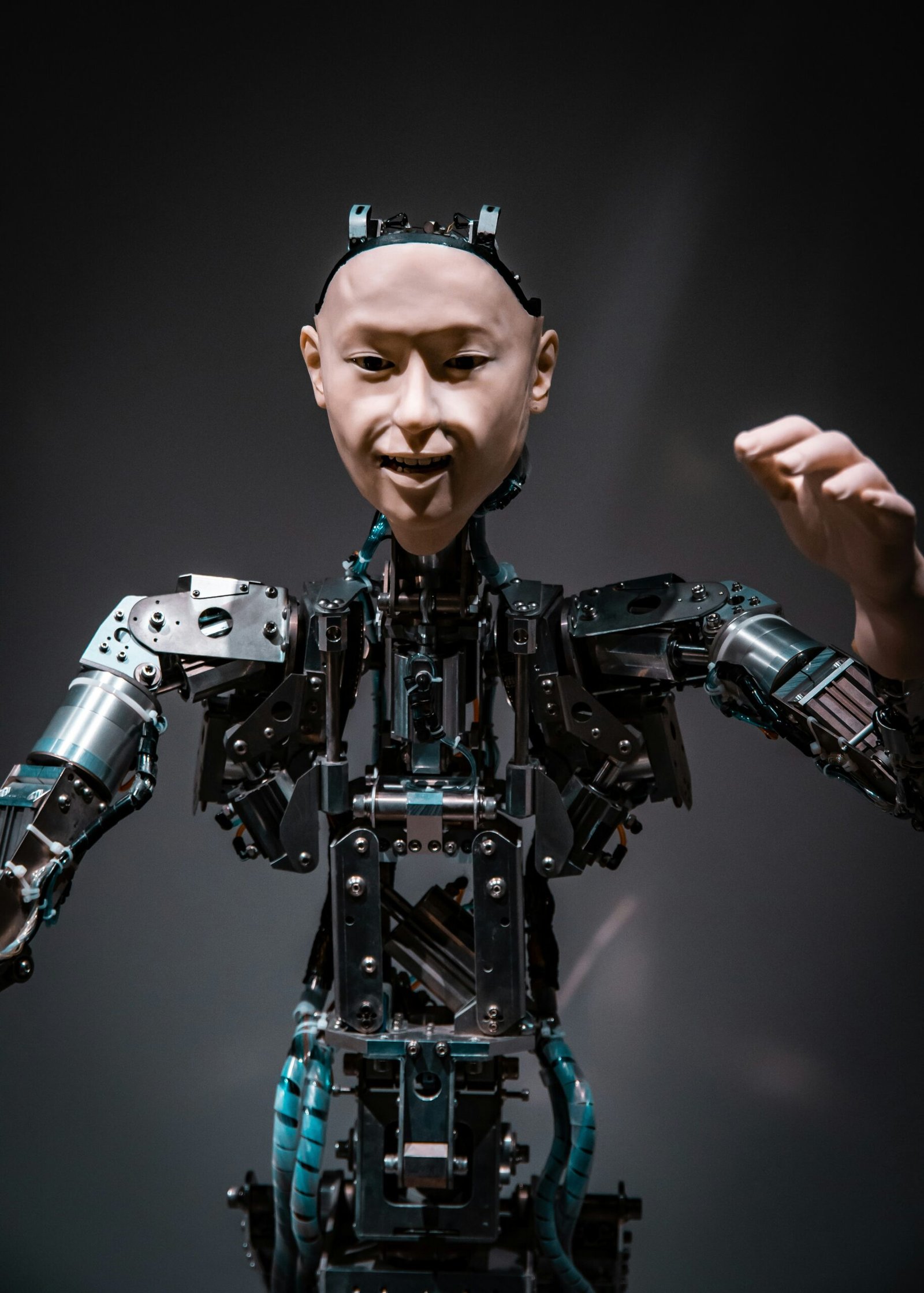Artificial Intelligence Trends to Watch in 2024
Emergence of Generative AI and Deep Learning Innovations The evolution of Artificial Intelligence has been significantly shaped by the advancements in generative AI and deep learning techniques. These technologies have fostered a new wave ofArtificial Intelligence Trends to Watch in 2024

